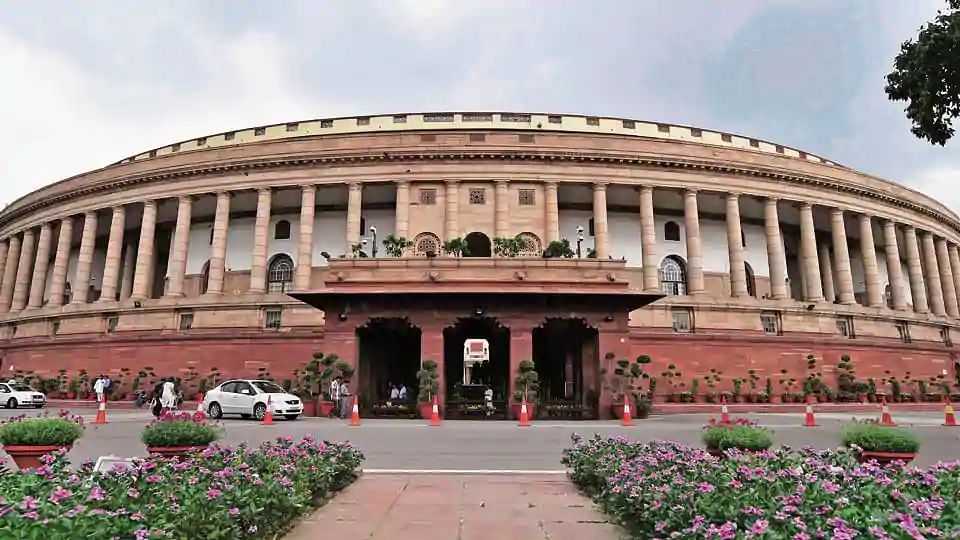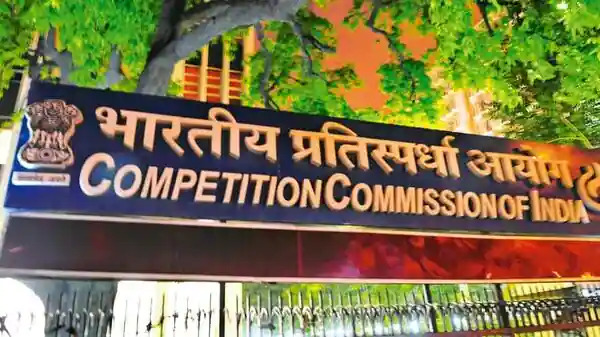
Competition Law 2.0: The Competition (Amendment) Bill, 2022
On the 5th of August, 2022, the Competition (Amendment) Bill, 2022, which seeks to overhaul the extant competition regime in India was introduced in the Lok Sabha. The Bill is a culmination of the recommendations of the Competition Law Review Committee (“CLRC”) in 2019 and the extensive public and stakeholder consultations carried out by the Ministry of Corporate Affairs (“MCA”) upon the publication of the Draft Competition (Amendment) Bill, 2020 , in February 2020. Vidhi has played a crucial role in the introduction of the Competition (Amendment) Bill, 2022 by providing research and drafting assistance in all of the aforementioned stages.
Vidhi’s work on Indian competition law began in 2017, with the publication of its report titled “Systematizing Fair play – Key Issues in the Indian Competition Law Regime”. The report identifies key structural and procedural issues with the present competition law framework in India and recommends action points to the Government and the Competition Commission of India (“CCI”).
In lieu of this report, Vidhi was engaged by the MCA to assist the CLRC in comprehensively reviewing the Indian competition regime and providing recommendations to update and amend the key substantive and procedural provisions of the Competition Act, 2002.
Taking forward its work with the CLRC, Vidhi also provided research and drafting assistance to the MCA towards the Draft Competition Bill the which was floated for public comments in February 2020, and continued to provide research and drafting assistance to the MCA towards the Competition (Amendment) Bill, 2022 (hereinafter referred to as the “Bill”)
Key features of the Bill are as follows:
Recognition of hub and spoke cartels
The Competition Act, 2002, primarily recognizes anti-competitive agreements that are either vertical or horizontal agreements. The Bill extends the presumption of liability for active participants in anti-competitive agreements that are neither strictly vertical or horizontal, often referred to as ‘hub and spoke’ cartels. This presumption is sought to apply even where such entities are not engaged in identical or similar trade as the other parties between whom such agreements take effect.
Introduction of deal value thresholds
A deal value threshold of Rs 2000 crores is sought to be introduced to trigger notifiability and CCI’s extend scrutiny to those transactions, particularly prevalent in new age markets, which would otherwise escape the notification under the current thresholds prescribed in sub-sections (A), (B) and (C) of section 5. Vidhi’s recent working papers published in 2021 titled “Toward a Framework for Scrutinizing Combinations in the Digital Market- A Roadmap for Reform” and “F.A.C.E | The Business Users’ Narrative” have also highted on the urgency to operationalize the deal value threshold under Indian competition law.
Swifter merger review
The Bill seeks to reduce the current overall statutory period for the CCI to approve merger related transactions from 210 days to 150 days, extendable by a maximum of 30 days. The proposed amendment seeks to bring Indian merger review at par with global standards and promote ease of doing business.
Introduction of a framework for Settlements and Commitments
In line with the in the United Kingdom, Europe and Singapore, the Bill seeks to empower the CCI to settle certain cases under the Act through Settlement and Commitment mechanisms, and thereby provides parties with an option to bypass lengthy investigations and procedures. This mechanism expected to benefit both the parties and the CCI in terms of resource efficiency and also ease the pipeline of cases expected to be handled by the CCI.
Introduction of a leniency plus regime
The Bill also seeks to statutorily recognize a “leniency plus” mechanism, to empower the CCI to decrease applicable penalties if parties currently under investigations for cartelisation disclose information about cartel(s) other than that under investigation. The proposed amendment is expected to help CCI proactively monitor cartel formations and penalize them.
Folding of the office of the Director General Appointment and expansion of powers of the DG
The Bill seeks to transfer the appointment of the Director General (i.e., the investigation wing of the CCI) from the Central Government to the CCI, in the interest of greater administrative efficiency.
CCI to publish penalty guidelines
In the interest promoting certainty for parties and in line with the practices in the United Kingdom and Europe, the Bill proposes a section requires the CCI to issue guidelines that lay down the manner in the quantum of penalty for contraventions of the Competition Act, 2002, is calculated by the CCI.




